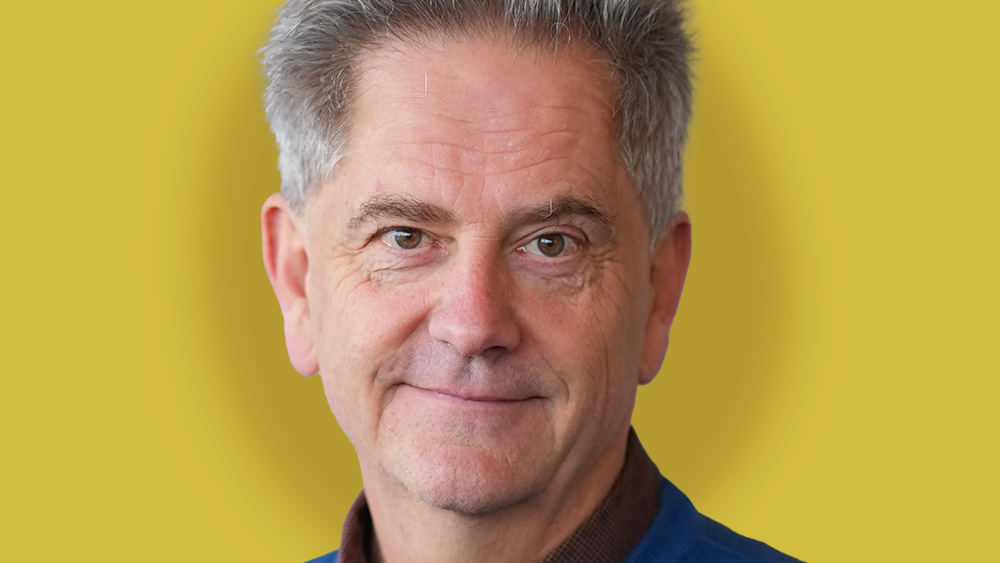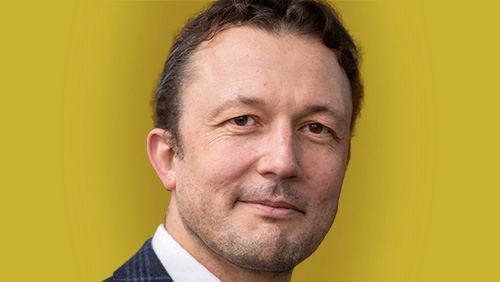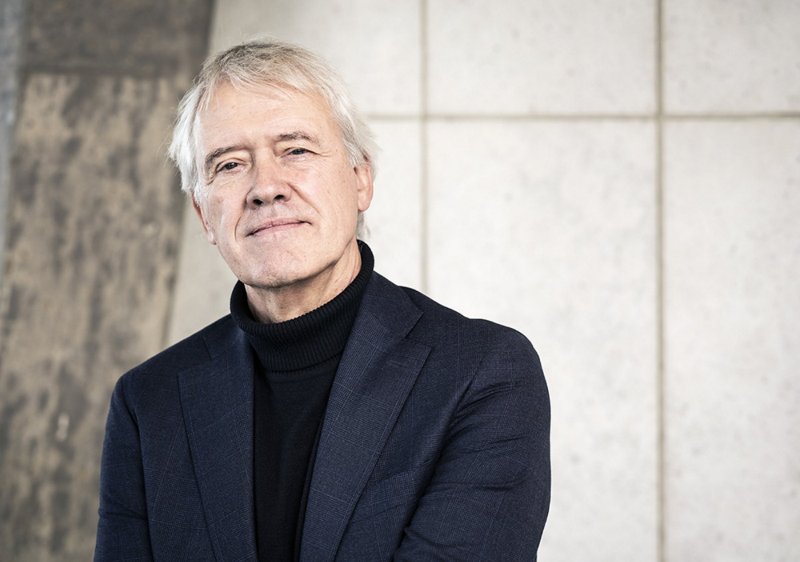The Netherlands has particular strengths in nurturing medtech scale-ups, which are strong in curative applications. One of them may eventually grow into a big independent company.
The Eindhoven medtech startup Salvia Bioelectronics recently had a successful Series B financing round of 60 million dollars. That’s great news. It’s notoriously difficult to grow and succeed as a startup in the life sciences industry. Regulatory hurdles lead to slow, expensive and complex approval processes, resulting in long times to revenue. Incumbents are strong and healthcare providers are conservative. Oftentimes, it’s difficult to secure reimbursements from insurers or governments.
It’s therefore not surprising that investments in life science startups are primarily targeting curative solutions that can turn into blockbusters, which are mostly drugs. Medtech startups typically face an uphill battle when wanting to move from a life sustained by government money to becoming a scale-up driven by real risk money. Their potential markets tend to be relatively small and their position in the value chain hard to establish.
Case in point are diagnostic devices. Many medtech innovations, certainly the ones associated with the semiconductor and photonic industry, are based on ever more precise measurements of optical, electrical, mechanical and/or chemical properties. The Netherlands has several strong innovation hubs in medtech around university hospitals and (technical) universities near each other, as well as a strong base in semiconductors and photonics. Yet, few significant scale-ups in medical diagnostics have arisen here, a notable exception being MILabs. The Dutch paragon of imaging diagnostics, Philips, is no longer known for innovation or growth.
The picture is different for curative scale-ups, which help solve a medical problem and directly contribute to improving people’s lives. Companies like Preceyes (robotic systems for high-precision eye surgery), Microsure (robotic systems for microsurgery, especially in vascular and reconstructive procedures), Sapiens Neuro (deep brain stimulation device to treat neurodegenerative disorders) and Sirius Medical (tumor localization technology) have gained significant traction relatively quickly. Indeed, they were so promising that Preceyes and Sapiens were acquired early in their lives by Zeiss and Medtronic, respectively.
Hubert Martens, (co-)founder of Sapiens and Sirius, has struck again in this area by founding Salvia. This startup uses ultra-thin implants to target key nerves involved in migraine, aiming to reduce the frequency and intensity of attacks for people with chronic migraine. Following its successful B round, it will start obtaining regulatory approvals in the US, Europe and Australia. As a serial entrepreneur in this area, Martens has shown that curative medtech startups can be successful, building on the strengths of the Dutch ecosystem.
As a case in point, another very interesting curative medtech scale-up, Onward Medical, located its headquarters in Eindhoven based on these strengths, despite originating from Lausanne. One could therefore call it a Dutch company. Onward makes products to improve or restore movement, function and independence in people with spinal cord injury. Its technology involves advanced neurostimulation and brain-computer interfacing, comparable to the technology behind Sapiens and Salvia. Its approach centers on targeted electrical stimulation of the spinal cord, with or without integration of brain signal decoding, to bypass damaged neural pathways and enable voluntary movement.
Many medtech scale-ups end up being acquired by larger companies, which sometimes subsequently bury the technology. That limits the societal benefit of the investment. As an ordinary citizen, one would prefer the scaleups to stay independent and grow (over decades) into a profitable multinational like ASML, with invaluable benefits for the local society. Onward is potentially on such a course; it has opted for listings on several stock exchanges rather than being absorbed by another company.
Neuralink, a company founded and supported by Musk, is using the same technological approach as Onward. Given Musk’s success in picking disruptive technologies, this could be an indication that the curative medtech scale-up Onward, with strong ties to the Dutch ecosystem, is on to something big.



